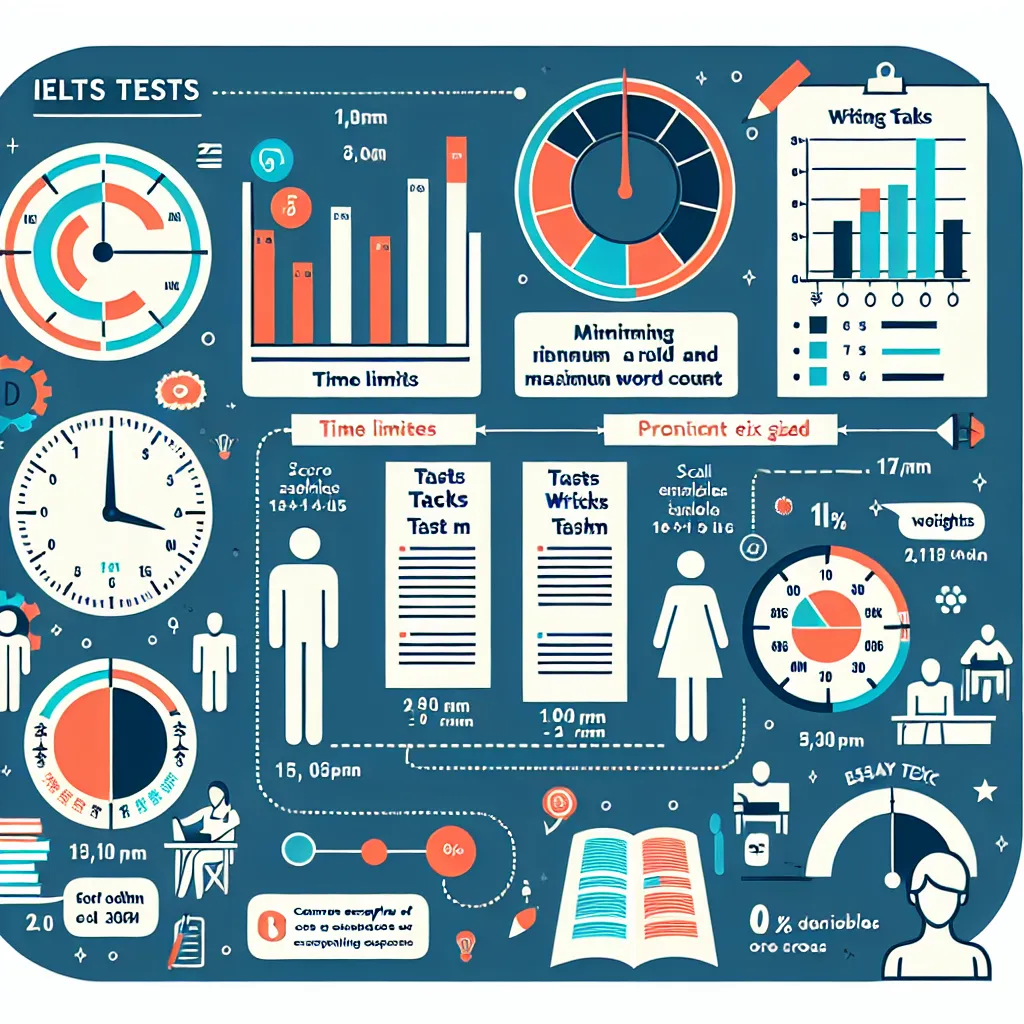Are you preparing for the IELTS exam and aiming to achieve a high score in the writing section? Writing a high-scoring IELTS essay can be challenging, but with the right approach and strategies, you can significantly improve your performance. In this comprehensive guide, we’ll explore expert tips and techniques to help you craft compelling essays that impress IELTS examiners.
Understanding the IELTS Writing Task
Before diving into the strategies for writing a high-scoring essay, it’s crucial to understand what the IELTS writing task entails. The IELTS Academic Writing Test consists of two tasks:
- Task 1: Describe visual information (graph, table, chart, or diagram) in your own words.
- Task 2: Write an essay in response to a point of view, argument, or problem.
For this guide, we’ll focus on Task 2, as it carries more weight in your overall writing score.

Key Elements of a High-Scoring IELTS Essay
To write a high-scoring IELTS essay, you need to focus on several key elements:
1. Clear Structure and Organization
A well-structured essay is essential for achieving a high score. Your essay should include:
- An introduction that paraphrases the question and presents your thesis statement
- Body paragraphs that develop your main ideas with supporting details
- A conclusion that summarizes your main points and restates your position
2. Coherence and Cohesion
Ensure your ideas flow logically from one paragraph to the next. Use appropriate linking words and phrases to connect your ideas and create a cohesive essay.
3. Lexical Resource
Demonstrate a wide range of vocabulary by using precise and sophisticated words. Avoid repetition and showcase your ability to use synonyms and paraphrasing effectively.
4. Grammatical Range and Accuracy
Use a variety of grammatical structures correctly. This includes complex sentences, different tenses, and appropriate use of passive voice.
5. Task Response
Address all parts of the question and present a clear position throughout your essay. Develop your ideas fully with relevant examples and explanations.
Step-by-Step Guide to Writing a High-Scoring IELTS Essay
Follow these steps to craft an impressive IELTS essay:
1. Analyze the Question
Carefully read the question and identify the key elements:
- Topic
- Task (e.g., discuss both views, give your opinion, analyze the advantages and disadvantages)
- Any specific instructions or requirements
2. Plan Your Essay
Spend 5-10 minutes planning your essay:
- Brainstorm ideas related to the topic
- Choose your main points and supporting details
- Organize your ideas into a logical structure
3. Write a Strong Introduction
Your introduction should:
- Paraphrase the question to show understanding
- Present your thesis statement or main argument
- Provide a brief overview of what you’ll discuss in the essay
Example:
“In recent years, the debate over whether children should be given homework has intensified. While some argue that homework reinforces learning, others believe it places unnecessary stress on young students. This essay will examine both perspectives and argue that a balanced approach to homework is most beneficial for children’s education.”
4. Develop Well-Structured Body Paragraphs
Each body paragraph should:
- Begin with a clear topic sentence
- Present one main idea with supporting details and examples
- Use appropriate transition words to connect ideas
Example:
“Proponents of homework argue that it helps reinforce classroom learning and develop essential study skills. For instance, regular math assignments allow students to practice problem-solving techniques, which can improve their overall performance in the subject. Moreover, homework teaches time management and self-discipline, valuable skills that extend beyond academic success.”
5. Write a Concise Conclusion
Your conclusion should:
- Summarize your main points
- Restate your position or thesis
- Provide a final thought or recommendation
Example:
“In conclusion, while homework can offer significant educational benefits, it’s crucial to strike a balance to avoid overwhelming students. A moderate approach, with age-appropriate assignments and consideration for students’ well-being, is likely to yield the best results in terms of academic progress and overall development.”
6. Review and Edit
After completing your essay, take a few minutes to:
- Check for grammatical and spelling errors
- Ensure your ideas are clearly expressed and well-connected
- Verify that you’ve addressed all parts of the question
Common Mistakes to Avoid
To achieve a high score, be aware of these common pitfalls:
- Misinterpreting the question or not addressing all parts of it
- Writing off-topic or including irrelevant information
- Using memorized phrases or examples that don’t fit the question
- Failing to support your ideas with specific examples
- Neglecting to use a variety of sentence structures and vocabulary
- Exceeding or falling short of the recommended word count (250-300 words)
Practice and Improvement Strategies
To enhance your essay writing skills:
- Read sample high-scoring essays to understand what examiners are looking for
- Practice writing essays under timed conditions to improve your speed and efficiency
- Ask for feedback from teachers or peers and work on areas that need improvement
- Build your vocabulary by reading widely on various topics
- Study and use a range of linking words and phrases to improve coherence
Conclusion
Writing a high-scoring IELTS essay requires careful planning, clear organization, and effective use of language. By following the strategies outlined in this guide and consistently practicing your writing skills, you can significantly improve your performance in the IELTS Writing Task 2. Remember to analyze the question carefully, structure your essay logically, and support your ideas with relevant examples. With dedication and the right approach, you’ll be well on your way to achieving the score you desire in the IELTS writing section.